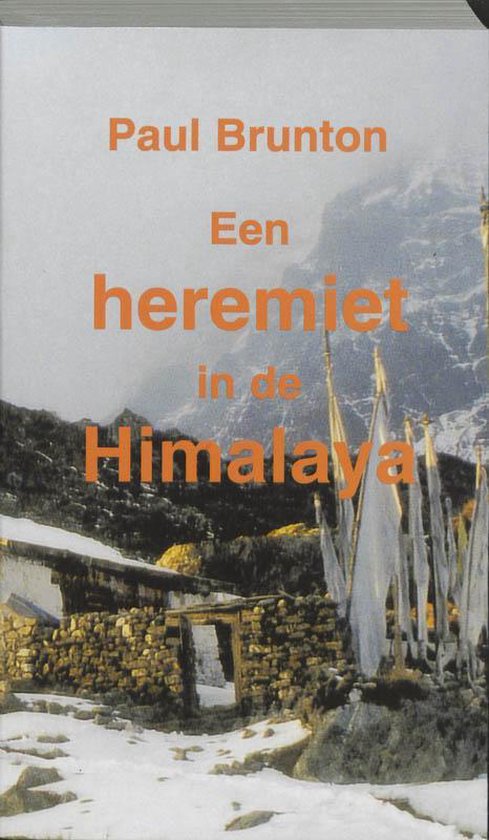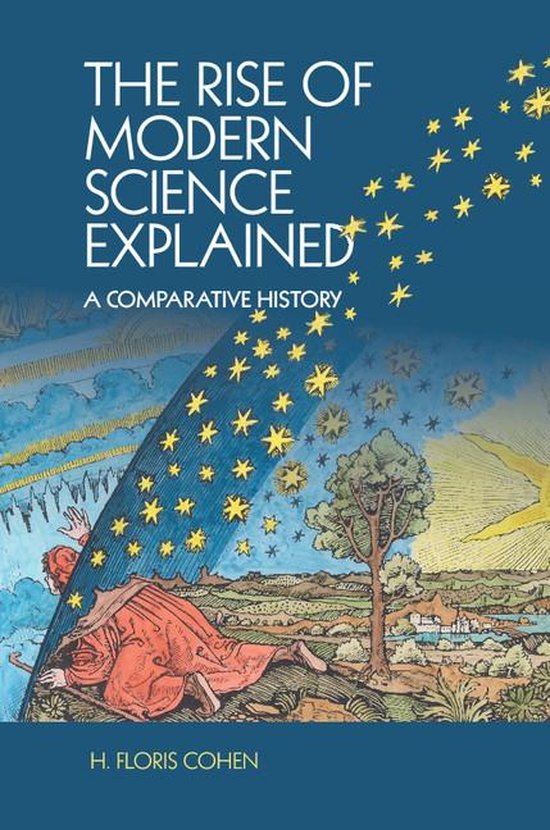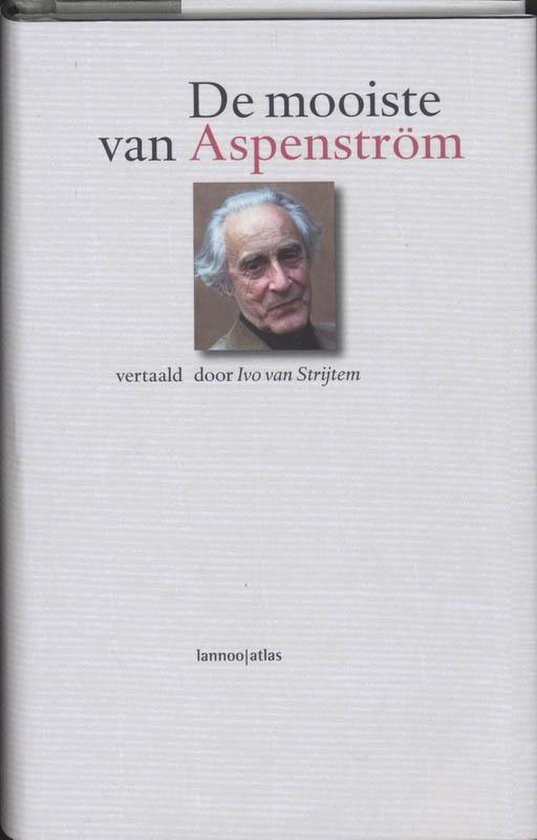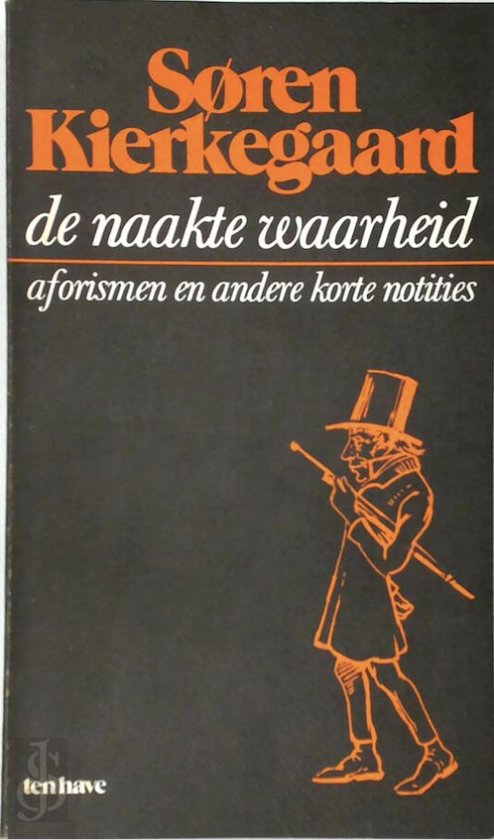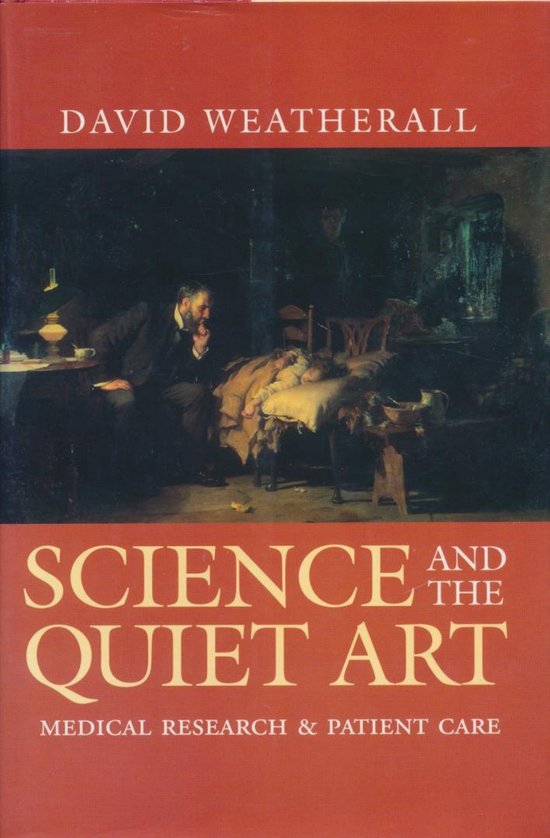
Science and the Quiet Art
Has medical science failed the modern world? A decade ago few would have entertained the thought, for science had slain many of the great killers of the past - smallpox, polio, diphtheria - and moderated others. Yet at the end of medicine's greatest century we seem in many ways at a dead end. Having banished one set of ills we are beset with an array of others, quite intractable diseases - heart attacks, strokes, cancer, arthritis, psychiatric disorders, AIDS.
Over recent years there has been a mood of increasing disillusionment with medical practice and practitioners. The needs of patients are often lost in a wealth of high technology. Those who organize health care wonder where their priorities lie, and the public is often bewildered by conflicting advice about how to achieve a healthier lifestyle.
Much of this confusion flows from a lack of appreciation of how much medicine has become a genuine scientific discipline and the complexity of our problem diseases. Science and the Quiet Art describes the experiments and the experimenters, shows how the tools of science have been applied to the study of disease through history to the present, and looks to the future.
Dr. David Weatherall emphasizes the complex interplay in disease between nature, nurture, and aging and hence why, even with today's sophisticated methods, progress will be slow.
This history of medical research - from Hippocrates to recombinant DNA - is fascinating in its own right, but, more important, it is a guide to all of us who must determine, for ourselves, the care of our bodies.
| Auteur | | David Weatherall |
| Taal | | Engels |
| Type | | Hardcover |
| Categorie | |
